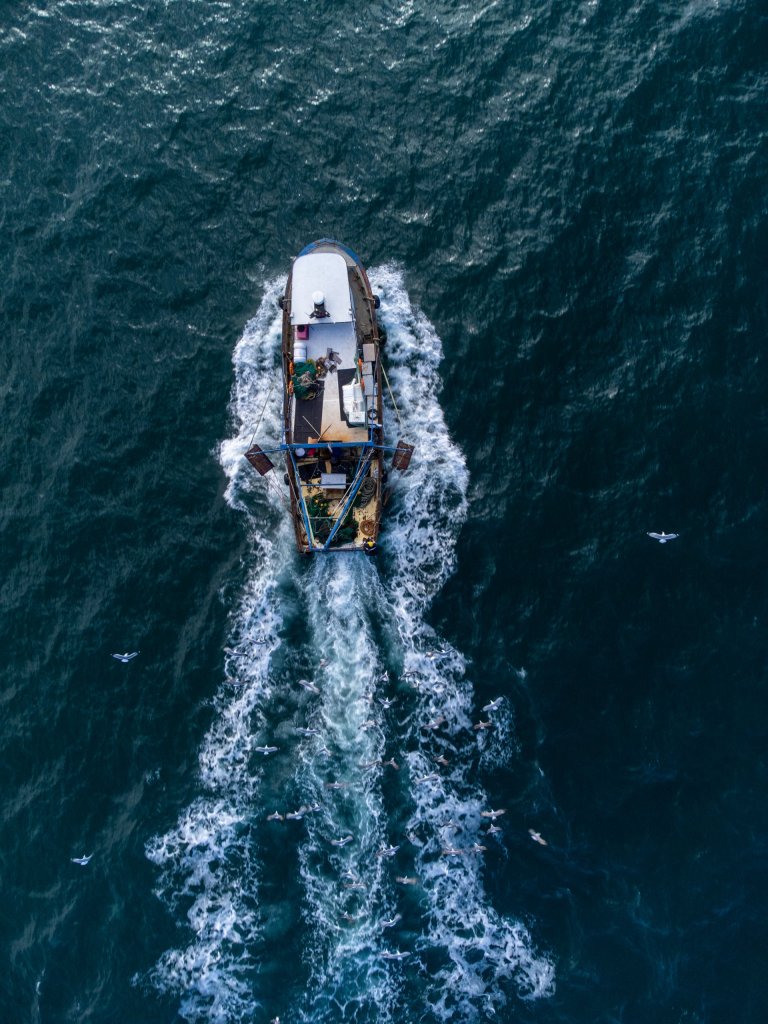The principal purpose of a management strategy should be to ensure sustainable fishing. But the different management measures used in such strategies inevitably have knock-on effects on the economic and climate impacts of the fisheries they seek to manage. This possibility is widely acknowledged, and efforts to mitigate such impacts have been made using bio-economic models (models that combine biological and economic data to help predict future effects). However, such efforts tend to rely on “simplified” assumptions about the real world, which can render them less accurate and therefore less helpful to fisheries managers.
Our Social and Economic Effects of and on Fishing theme explored ways to refine the social and economic information used in bio-economic models, to better understand the relationship between management measures and the economic impacts and carbon footprints of fisheries. Ultimately, this work seeks to support managers to implement measures aimed at minimising the carbon footprints of fisheries and maximising their profitability (which itself will depend on healthy fish stocks).

Drawing on several case study fisheries across the four overarching SEAwise Case Study regions (Western Waters, the Mediterranean, the Baltic, and the North Sea), we explored impacts across a range of different fisheries and economic contexts. As well as a model for estimating carbon emissions, the study used economic submodels to more accurately estimate fuel costs for different fishing operations and potential fluctuations in the prices of different species (versus the more traditional approach of assuming fuel and fish prices will stay constant).
These economic components were then applied to existing bio-economic models, using a range of management scenarios defined in related SEAwise research that centred around compliance with the Landing Obligation (where all catches must be landed, regardless of whether the vessel intended to catch only some of the species in the haul) and effort regimes (a collection of regulations that set certain limits on fishing effort).
In the different Case Study regions, we made the following specific enhancements to models:
The enhanced sub-models used as part of this study will be integrated into wider bio-economic models. This will help us to evaluate the impact of different management measures under climate change in the SEAwise themes Social and Economic Effects of and on Fishing, and Evaluation of Fisheries Management Strategies in an Ecosystem Context.
Read the full report here.
Stay up to date with SEAwise news and research, hear about upcoming events, and receive updates on fisheries news from across the European seascape.